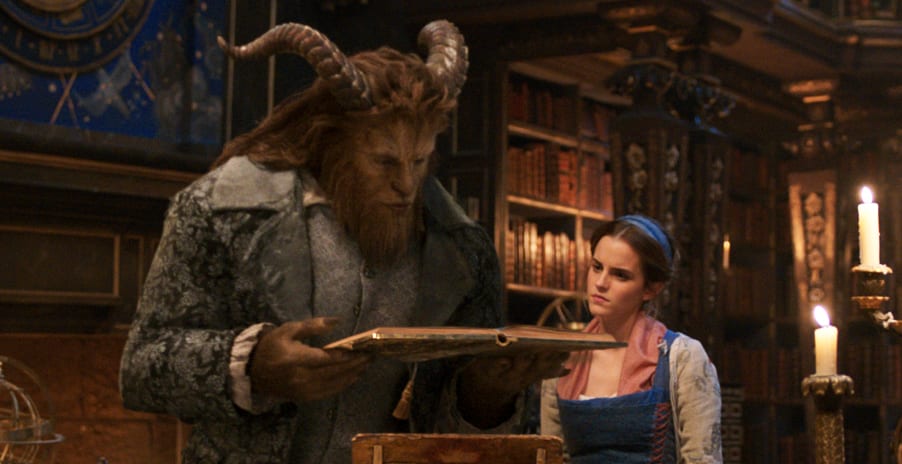
Disneyfilm barnförbjuds i Ryssland: ”Propaganda”
Den kommande disneyfilmen Skönheten och odjuret får en 16-årsgräns på biografer i Ryssland, det uppger nyhetsbyrån Ria Novosti. Skälet är att den ultrakonservative ryske parlamentarikern Vitalij Milonov har satt sig emot en gayscen i filmen som han kallat för ”uppenbar, skamlös propaganda för synd och perversa sexuella relationer.”
Ryssland antog 2013 en lag som förbjuder propaganda bestående av ”icke-traditionella sexuella relationer” som riktar sig mot minderåriga. Milonov var en drivande kraft bakom förslaget.
bakgrund
Hbtq-rättigheter i Ryssland
Wikipedia (en)
Lesbian, gay, bisexual, transgender (LGBT) persons in the Russian Federation face legal and social challenges not experienced by non-LGBT persons. Although same-sex sexual activity between consenting adults in private was decriminalized in 1993, same-sex couples and households headed by same-sex couples are ineligible for the legal protections available to opposite-sex couples and there are currently no laws prohibiting discrimination regarding sexual orientation. Transgender people are allowed to change their legal gender following sex reassignment surgery, however, there are currently no laws prohibiting discrimination regarding gender identity or expression and recent laws could discriminate against transgender residents. Homosexuality has been declassified as a mental illness since 1999 and although gays and lesbians are allowed to serve openly in the military, there is an unofficial "Don’t ask, don’t tell" policy.
Russia has been viewed as being socially conservative regarding homosexuality, with recent polls indicating that a majority of Russians are against the acceptance of homosexuality and have shown support for laws discriminating against homosexuals. Despite receiving international criticism for the recent increase in social discrimination, crimes, and violence against homosexuals, larger cities such as Moscow and Saint Petersburg have been said to have a thriving LGBT community. However, there has been a historic resistance to gay pride parades by local governments; despite being fined by the European Court of Human Rights in 2010 for interpreting it as discrimination, the city of Moscow denied 100 individual requests for permission to hold Moscow Pride through 2012, citing a risk of violence against participants.
In the 21st century, Russia began to receive worldwide attention for their legal treatment of LGBT citizens, which has been referred to as one of the worst human rights violations in the post-Soviet era. Since 2006, numerous regions in Russia have enacted varying laws restricting the distribution of materials promoting LGBT relationships to minors; in June 2013, a federal law criminalizing the distribution of materials among minors in support of "non-traditional" sexual relationships, was enacted as an amendment to an existing child protection law. The law has resulted in the numerous arrests of Russian LGBT citizens publicly opposing the law and there has reportedly been a surge of homophobic propaganda, violence, and even hate crimes, many of whom use the law as justification. It has received international criticism from human rights observers, LGBT activists, and media outlets and has been viewed as de facto means of criminalizing LGBT culture. Russian historian and human rights activist Lyudmila Alexeyeva has called it "a step toward the Middle Ages." In January 2016, the State Duma rejected a proposal by the Communist Party to punish people who publicly express their homosexuality with fines and arrests.
Omni är politiskt obundna och oberoende. Vi strävar efter att ge fler perspektiv på nyheterna. Har du frågor eller synpunkter kring vår rapportering? Kontakta redaktionen



